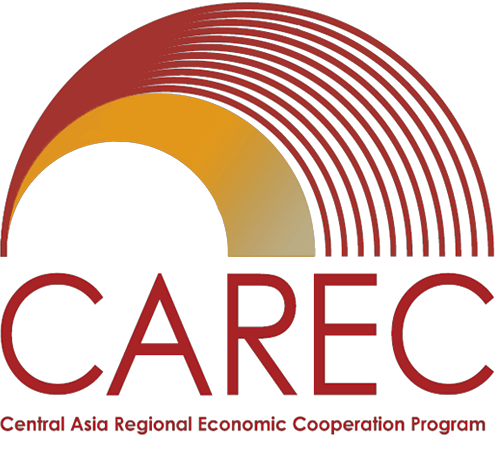Meeting of the Advisory Council of the CAREC Institute

The CAREC Institute held its Fourth Advisory Council (AC) Meeting on July 29, 2022. The AC comprises renowned regional and global experts on Central Asia and the thematic priorities of the CAREC Program and the CAREC Institute. The meeting was aimed at soliciting feedback and input on CAREC Institute’s strategic and operational priorities, post-pandemic regional recovery report, and the fifth CAREC cluster – human development.
In his welcoming speech, Mr. Syed Shakeel Shah, Director of the CAREC Institute, highlighted the AC’s important role in acting as a sounding board and a source of new ideas and approaches to enhance the strategies and operations of the CAREC Institute. The AC guides the CAREC Institute’s strategies and operations to help it emerge as independent and credible research and capacity building organization in support of the CAREC Program and proposes and deliberates on the emerging global and regional issues that are relevant to the CAREC Institute’s work. Last year, the AC was re-structured and its role was re-defined at the request of CAREC Institute’s Governing Council due to the growing needs and demand, and expanding activities of the institute.
Mr. Khalid Umar, Chief of the Strategy Planning Division of the CAREC Institute, presented strategic priorities outlined in the CAREC Institute’s Strategy for 2021-2025, which provides a framework for supporting the CAREC member countries, and builds upon the foundation established by the institute in previous years and aligns objectives with CAREC 2030 priorities. The CAREC Institute’s long-term vision of “Leading knowledge center promoting economic cooperation in the CAREC region for shared and sustainable development” is consistent with the CAREC 2030 mission—’A Regional Cooperation Platform to Connect People, Policies, and Projects for Shared and Sustainable Development’—and incorporates present opportunities and future ambitions. Under this vision, the CAREC Institute aims to enhance the quality and effectiveness of the CAREC Program by providing evidence-based research and capacity building services, disseminating knowledge products, and networking with research institutions.
Dr. Hans Holzhacker, Chief Economist of the CAREC Institute, presented the CAREC Institute-led policy research paper “CAREC Post-Pandemic Framework for Green, Sustainable and Inclusive Recovery.” Although most CAREC economies outgrew the COVID-19 recession in 2021, new challenges have emerged, including new variants of COVID-19 and heightened geopolitical tensions. Currently, CAREC countries are facing a complex network of new challenges and opportunities and must react on multiple fronts. A full recovery from the COVID-19 pandemic, enhancing productivity, diversification and trade, greening and sustainability, inclusion and fostering human capital is at the center of the imminent economic, technological, and social changes and the directions of needed policy actions. AC members provided insightful feedback and recommendations to upgrade the focus, structure and content of the report in order to support busy policymakers for drafting result-oriented regional policies.
Dr. Iskandar Abdullaev, Deputy Director Two of the CAREC Institute, presented the current status and outlook for the CAREC Institute’s research projects, capacity building activities, and knowledge management work. In closing remarks, Dr. Abdullaev asked questions and sought advice from AC members for research and capacity building activities in the fifth CAREC cluster – Human Development, especially in the health and education sectors. AC members suggested expanding the CAREC Institute’s collaboration with governments, national think tanks, research institutes, and vocational schools, creating regional alliances for a collective response, and promoting regional dialogue on health and education issues.
Dr. Jingjing Huang, Deputy Director One of the CAREC Institute, concluded the AC meeting, appreciating the AC’s suggestions regarding the research paper “CAREC Post-Pandemic Framework for Green, Sustainable and Inclusive Recovery” and the activities of the CAREC Institute on promoting the human development in the CAREC region.
